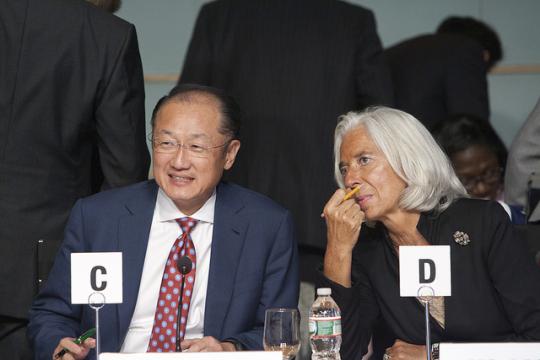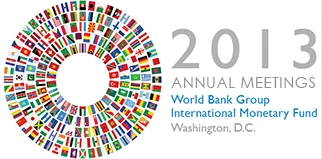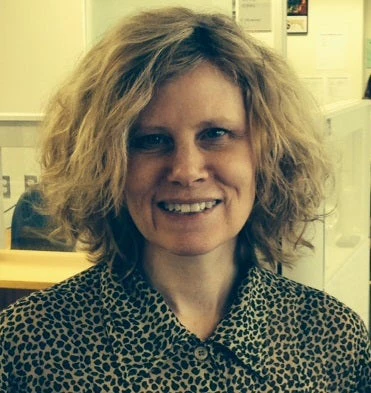
The World Bank Group got the go-ahead on a new strategy aimed at repositioning itself to better tackle its two goals: ending extreme poverty by 2030 and boosting shared prosperity. The strategy aims to more efficiently and effectively leverage finances, technology, and talent to provide customized development solutions for client countries. In a communiqué at the close of the Annual Meetings, the Development Committee said it “strongly endorsed” the plan. The committee said the Bank Group has an important role to play “in delivering global development results, supporting countries with their specific development challenges, and helping them eradicate poverty and build resilience to future financial, economic, social, and environmental challenges.” Read the communiqué and article.
A new paper updated the Development Committee on the gender equality agenda at the World Bank Group. In the past year, all of the Bank’s country assistance strategies were “gender-informed,” and the total share of gender-informed lending rose from 83% to 98% between FY12 and FY13. This translates into a dollar figure of almost $31 billion, notes the paper.

Empowering Women Through Evidence in Africa highlighted projects and programs that have had a significant positive influence on the lives of African women, reaching far beyond their original scope, particularly in the areas of education, agriculture, entrepreneurship, and employment. A panel including World Bank Vice President for Africa, Makhtar Diop, economists, specialists and African ministers discussed the results of recent rigorous research that quantify gender challenges in Africa, solutions, and implications for policy. Replay the webcast. Read the article.
Of Note
Myanmar and WBG Sign Electricity and Investment Guarantee Agreements
The government of Myanmar and the World Bank Group signed a $140 million credit agreement to support the installation of a modern, high-efficiency 106 mw electricity power plant in Mon State. This investment is part of Myanmar’s power expansion plan and the cornerstone of the World Bank Group’s support for Myanmar’s energy sector. The project, replacing aging gas turbines with new units and producing 250 percent more electricity with the same amount of gas, is the first step to bringing more and cleaner electricity to the people of Myanmar.
IFIs on Track to Deliver on Investments for Growth in Central and Southeastern Europe
The European Investment Bank, the World Bank and the European Bank for Reconstruction and Development announced they are well on their way to meeting targets for investment to stimulate economic growth in Central and Southeastern Europe. This is making a difference for entrepreneurs, exporters, and small- and medium-enterprises, and serves as a signal to financial markets that international financial institutions are leaning forward to help these countries face the challenges set off by the crisis.
International Community Rallying around the Four-Track Approach to Support Lebanon
International institutions, global partners and donors agreed to support Lebanon as it grapples with the impact of the Syrian conflict on its economy and social sectors. According to a recently completed World Bank-led assessment, Lebanon faces billions of dollars in lost economic activity as a result of the crisis in Syria, and the massive influx of refugees is overwhelming public services and driving up unemployment and poverty rates.


Join the Conversation